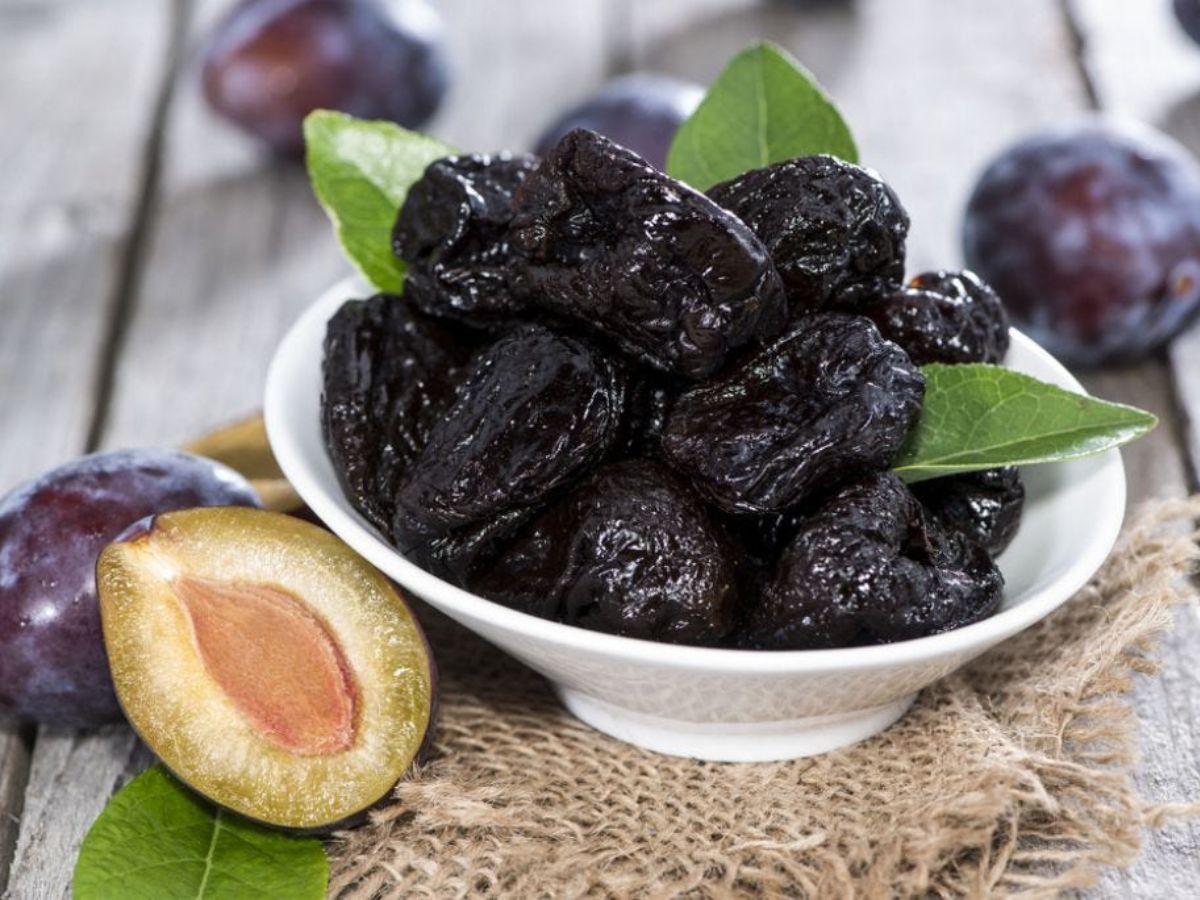Introduction
Prune fruit, with its distinct wrinkled appearance and rich, sweet flavor, has long been cherished as a delectable treat that not only tantalizes the taste buds but also offers a plethora of health benefits. Often referred to as dried plums, prunes are packed with essential nutrients, dietary fiber, and antioxidants, making them a popular choice for both culinary and wellness enthusiasts. In this article, we delve into the nutritional value, health benefits, culinary uses, and potential considerations of this remarkable fruit.
Nutritional Profile
Prune fruit is a nutritional powerhouse, boasting an impressive array of vitamins, minerals, and other bioactive compounds. A typical serving size of five prunes (about 40 grams) provides approximately:
- Calories: 100
- Carbohydrates: 24 grams
- Dietary Fiber: 3.1 grams
- Sugars: 15 grams
- Vitamin K: 21% of the Recommended Dietary Allowance (RDA)
- Vitamin A: 9% of the RDA
- Potassium: 10% of the RDA
- Copper: 9% of the RDA
- Vitamin B6: 6% of the RDA
- Manganese: 6% of the RDA
Health Benefits
- Digestive Health: Prune fruit is renowned for its natural laxative effect, attributed to its high dietary fiber content, primarily soluble fiber. This fiber helps prevent constipation by promoting regular bowel movements and supporting a healthy gut microbiome.
- Bone Health: Rich in vitamin K, prunes contribute to bone health by assisting in calcium absorption and promoting bone mineralization. Adequate vitamin K intake is essential for maintaining strong and healthy bones.
- Antioxidant Power: Prune fruit contains significant amounts of antioxidants, such as phenolic compounds and beta-carotene. These antioxidants help neutralize harmful free radicals in the body, potentially reducing the risk of chronic diseases and promoting overall well-being.
- Heart Health: The potassium content in prunes contributes to maintaining a healthy blood pressure level, while their soluble fiber may help lower LDL cholesterol levels. These combined effects can contribute to a healthier cardiovascular system.
- Weight Management: Despite their natural sweetness, prunes have a relatively low glycemic index, which means they have a slow and steady impact on blood sugar levels. This can help control appetite and prevent overeating, aiding in weight management.
Culinary Uses
Prune fruit’s versatile nature makes it a delightful addition to various culinary creations. Here are a few creative ways to incorporate prunes into your diet:
- Snacking: Enjoy prunes on their own as a convenient and satisfying snack, whether at home or on the go.
- Baking: Add chopped prunes to muffins, cookies, or bread recipes for a natural sweetness and a boost of fiber.
- Smoothies: Blend prunes into your morning smoothie for added flavor, natural sweetness, and nutritional benefits.
- Breakfast: Mix prunes into your oatmeal, yogurt, or cereal to enhance both taste and texture.
- Savory Dishes: Prunes can lend a unique touch to savory dishes like tagines, stews, and sauces, infusing them with a hint of sweetness and depth of flavor.
Considerations
While prunes offer a plethora of health benefits, there are a few considerations to keep in mind:
- Fiber Intake: While prunes can aid in promoting regular bowel movements, excessive consumption may lead to digestive discomfort for some individuals. It’s important to gradually increase your intake and ensure you’re drinking enough water.
- Sugar Content: Prune fruit contains natural sugars, so it’s advisable to enjoy them in moderation, especially for individuals monitoring their sugar intake.
- Allergies: Some individuals may have allergies to dried fruits, including prunes. If you experience any adverse reactions, discontinue consumption and consult a healthcare professional.
Conclusion
Prune fruit’s sweet and satisfying taste, combined with its remarkable health benefits, make it a delightful addition to any diet. Whether you’re seeking digestive wellness, bone health, or simply looking for a nutritious snack, prunes offer a delicious and convenient way to boost your nutrient intake. Remember to enjoy prunes in moderation as part of a balanced diet, and savor the natural goodness and goodness they bring to your table.




